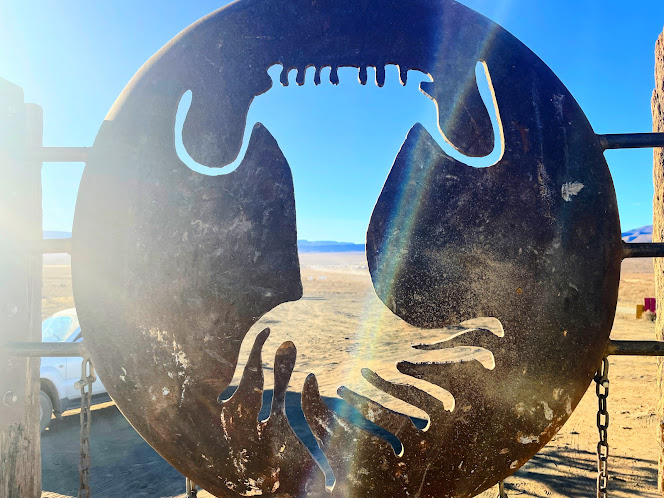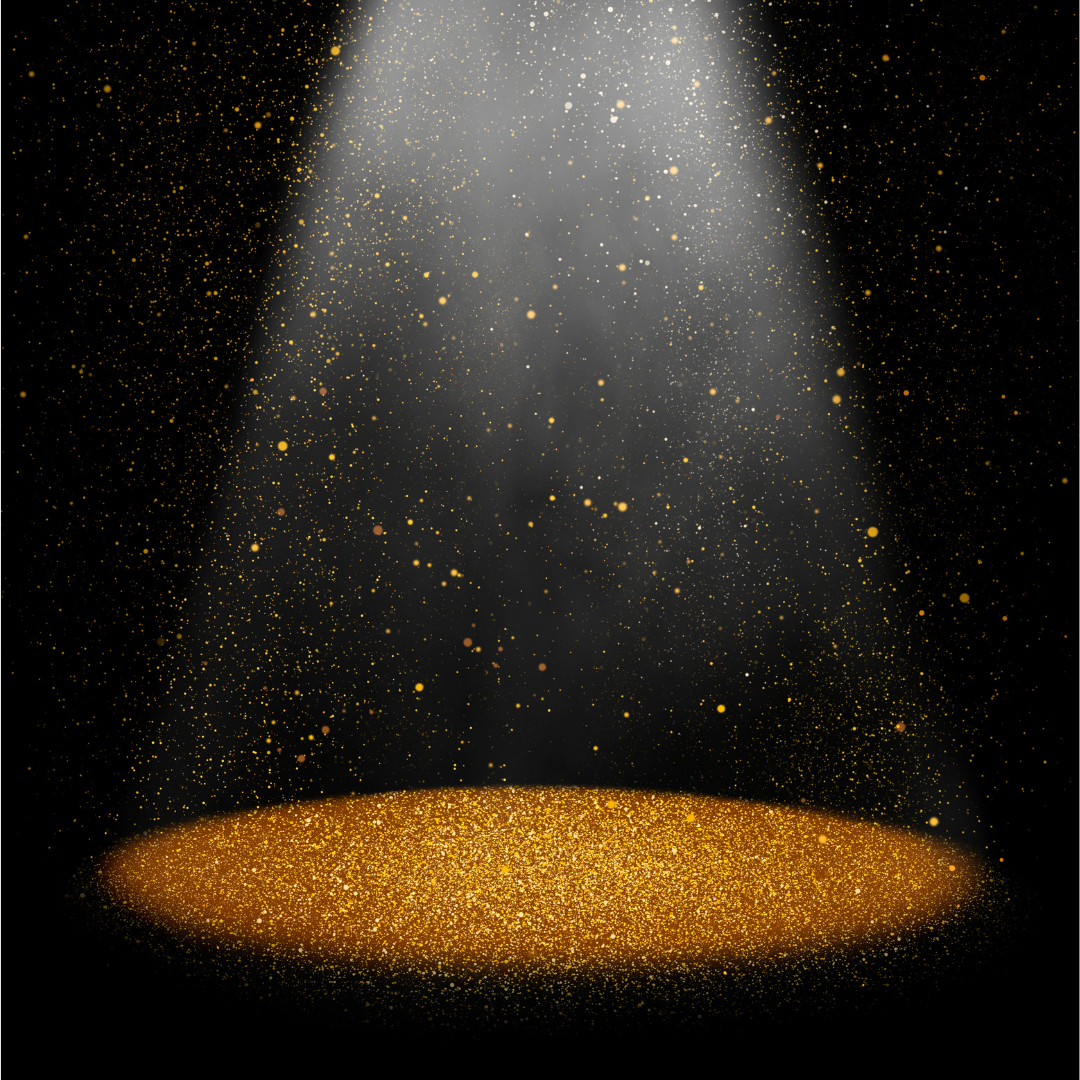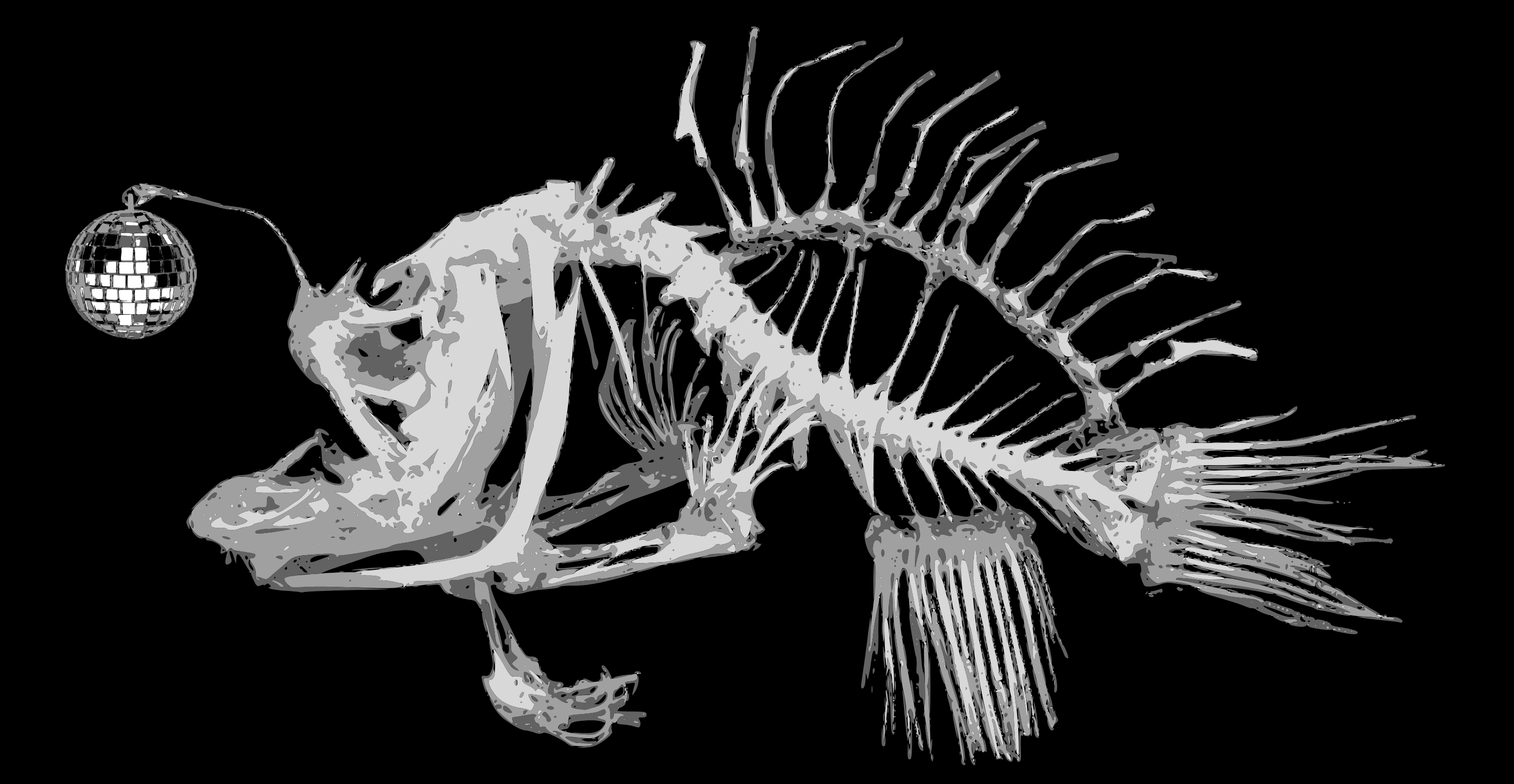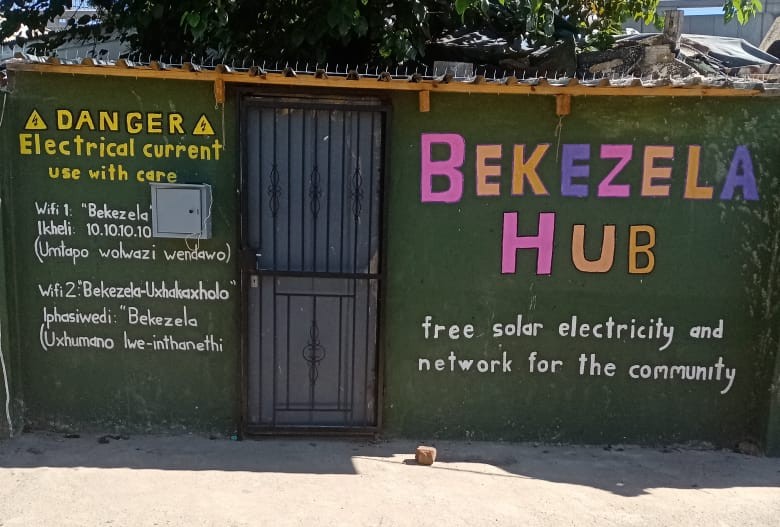Every year, as ticket season comes around, we face many questions. ‘Why are tickets so expensive?’, ‘Why can’t you have services gifted?’ and ‘Most of the event is staffed by volunteers – it should be FREE!’ are just a few examples. The simple truth? What it costs us to make the event happen is what it costs you, and in some cases, costs have been deferred and carried by our organisation to pass as little of the sting as possible over to you, our community.
You may also notice that we don’t have any corporate sponsors in any shape or form, and almost every other event in South Africa does. Sponsorship comes with an agenda that goes against our principle of Decommodification. So you’ll never see an AfrikaBurn event brought to you by anyone other than our community.
As we’re all in this together, we’re providing you with the info below so that you can understand some factors that come to bear on ticket prices. If anything below doesn’t answer your questions, please email our team at [email protected], and we’ll do our best to help you.
The Short List
The following is a brief (it really is) list of some of the costs our organisation incurs when staging each year’s event.
- Over 200 (non-long-drop) toilets
- A 24/7 medical clinic
- A 24/7 Joint Operations Centre
- Doctors & nurses on call (almost all of whom are not volunteers because, in terms of event permits, they have to be employed and accredited professionals)
- A Crew Medic from first arrivals remains on site through to the end
- A standby medical evacuation crew (with a dedicated plane and ambulance)
- A full-time security team of Event Guardians
- Placement & management of upwards of 100 themed camps
- Hundreds of unique artworks, all of which have to be curated and placed on our map
- Hundreds of mutant vehicles, all of which must be registered and licensed
- Art Grants, with upward of 100 projects supported financially
- Tech Grants for experimental digital projects in Tankwa Town
- Quaggafontein regeneration and management
- Event certification, permits and licenses
- Insurance, both liability and event
- Staff training and accreditation
- Engineering certificates for all large art structures
- A fully operational Airport with air traffic navigation service (coming soon!)
- Office rental and associated costs
- Storage on Quaggafontein, as well as in Cape Town
- Event crew accommodation, transport, catering, insurance and medics
- A crew kitchen, including cold storage and all food and beverage stock
- Sanctuary, the safe space for people feeling challenged at the event
- Qualified mental health and social worker professionals at the event
- Fire Safety crew and equipment, including certified vehicles and water bowsers/pumps
- Outreach Projects in the Tankwa Karoo supporting people, plants, animals and the planet
- Ranger, crew and DPW vehicles, including servicing
- Generator hire, fuel and mechanics
- Maintenance of our small fleet of abused vehicles that we use to get to, and in, the Tankwa
- The rental of crew vehicles over the event
- Repair and maintenance of 3 heavy-duty trailers
- Maintenance of 40 two-way radios and chargers
- Hire of 200 crew radios + chargers over the event
- Tech infrastructure such as repeaters, radio towers, routers, satellite dishes
- Solar array & battery bank on Quaggafontein Homestead
- Fabrication and maintenance of streetlights
- Purchase & hire of stretch tents
- Outside Service Provider Management
- Thousands of WTF? Event guidebooks and ‘No Photo’ wristbands
- Uniquely numbered wristbands linking you to your emergency info
Health and Safety
Recent changes to South African government event law mean that more than ever, we must have a wide range of health & safety equipment and accredited services that are unavoidable with an event the size of AfrikaBurn. And, of course, none of these come cheap – and none of them can be voluntary: they must be contracted and certified.
More than that, it’s good to remember that when an event only attracts a couple of thousand people (as Tankwa Town did in its early days), health & safety requirements cost relatively little – now that we’re firmly on the map and have a vast number of people in one place for a week (or longer), the reality and the responsibility of making sure all of you get home in one piece becomes significant.
Event Certification
Tied to health & safety, this is equally crucial for event certification. As our event has grown, the ratio of essential services to participants has had to expand in line with the requirements of our event license. This all adds to more of everything – all of which is designed to ensure we all enjoy ourselves and get home in one piece.
A logical (and annual) question is, “Why can’t you just get volunteers or have free services supplied?” It doesn’t work that way for essential services – these need to be accredited and, more importantly, contracted months ahead of our event dates for event license approval. When an event grows to our size, some costs can’t be avoided, and specific essential equipment and services can’t be borrowed or provided on a volunteer basis.
Population growth
There’ll be over 10,000 participants and a couple hundred essential crew in Tankwa Town. This means the practical requirements for managing these numbers are significant, including additional outlay for roads, signage, toilets, event infrastructure and many other things that improve our experience.
Preparing and cleaning up Tankwa Town for many participants also means more teams on the ground for longer – including event crew, security, medics, DPW and others – all needing to be fed, housed and transported.
Extended event dates
A seven-day event means more fun and a more extended experience of the magic, but it also means increased costs. More of everything is required, including staff on site such as crew, medics, security, insurance and a range of other services. This affects your ticket price, regardless of whether you attend the event or just a few days.
Organisational growth
AfrikaBurn isn’t just a party or event – we’re a social movement engaging with our community to re-invent the world anew, and we’re partnering up with other nonprofits to do so. This takes time and dedicated people who need to pay their way through life, so we need salaried staff.
In the past, most people generously donated their time by working for free – some incredible volunteers for as long as five years. They can’t do that anymore, as the workload is too significant. In addition to the operational costs of running the AfrikaBurn event in the Tankwa Karoo, we’ve also rented a workshop and office space that enables our DPW, DMV, and Outreach teams to work year-round on projects for our Tankwa event and community-based projects.
The good news
We remain committed to keeping ticket prices as low and steady as possible for as long as possible. We’ve made increases in line with inflation in every event cycle since – but if the General Sale Ticket price is simply way too much, don’t lose hope – remember that there are other ticket categories available (like Subsidised, Anathi, etc.), which are much cheaper.
Interested in our financials or how we’re run?
As a registered Not-For-Profit Organisation, AfrikaBurn charges you only what it costs to run the event and the organisation. As an NPO, there’s no profit – and nobody (including any of the Directors, Members or our Ops team) takes any profit share.
If you’d like to look at our accounts, we’d like you to check our financials and last annual report. We’ve had many audits, and we’re happy to share info on how we structure our team and organisation – if you’d like to find out more, check out our Governance & Transparency page.





One Response
Well done for the brilliant transparency and explanations. People mostly think that an event falls out of the air